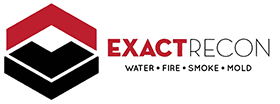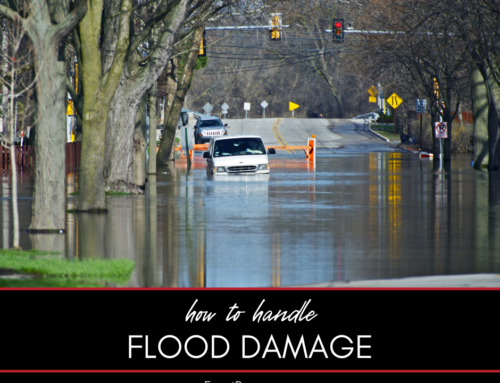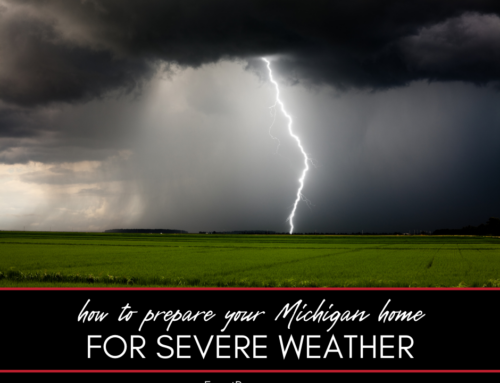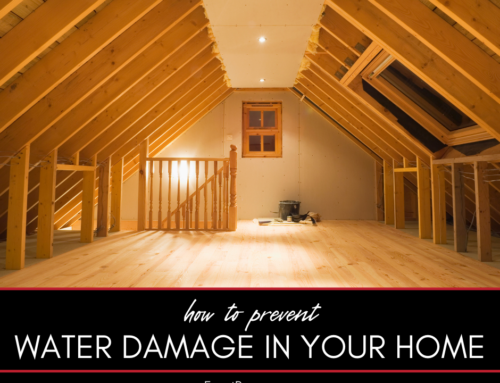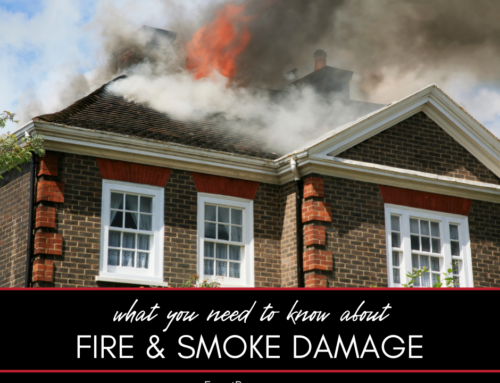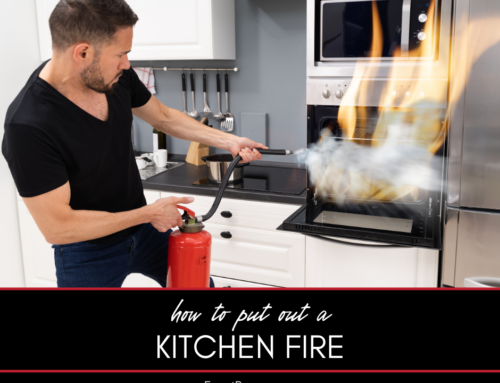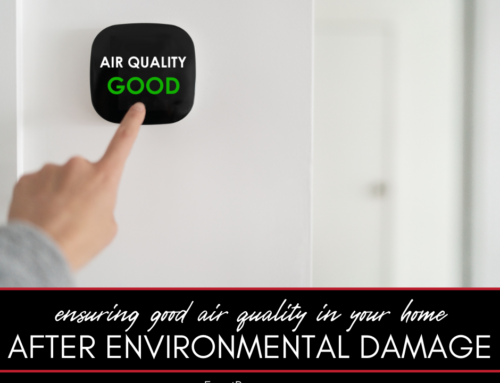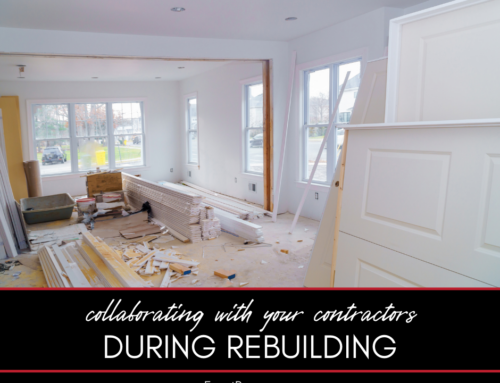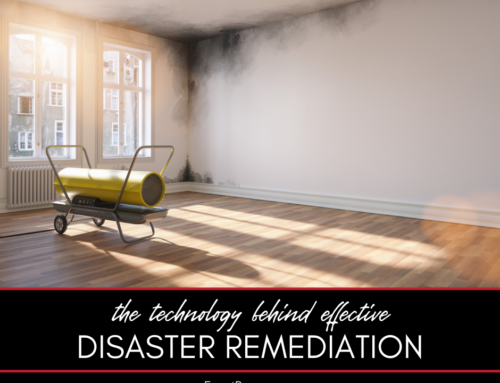This is the second post in a two-part series. You can read the first post here.
Smoke alarms are critical when it comes to fortifying your home against the potential dangers of smoke and fire. Here are answers to what you need to know to best equip your residence and protect your family.
What is a “dual-sensor” photoelectric & ionization smoke alarm?
Photoelectric and ionization smoke alarms each use different technologies to protect your home against dangerous smoke and fire. It can be challenging, though, to choose the appropriate smoke alarm for a surrounding area, since all fires are different. So experts recommend that you install dual-sensor smoke alarms, which combine both photoelectric and ionization sensing technologies.
Where should smoke alarms be installed?
According to the National Fire Protection Association (NFPA), smoke alarms should be mounted inside of each bedroom, outside of each sleeping area, and on every floor of your home. On levels without bedrooms, install smoke alarms in the living room/den/family room, or near the stairs to the upper level—or in both places. In basements, smoke alarms should be situated on the ceiling at the bottom of the stairs leading to the next level.
Where on the ceiling do I mount my smoke alarm?
For flat ceilings, install smoke alarms as close to the center of the ceiling as possible. Avoid placing alarms near windows, doors, or ducts where drafts could impede their operation.
If your ceiling is pitched (vaulted, cathedral, etc.) place the smoke alarm at least 4 inches down from the peak, and within a 3-foot range of the peak.
Can smoke alarms be mounted on walls?
Yes, but place them high, since smoke rises. Wall-mounted smoke alarms should be installed no more than 1 foot from the ceiling.
Where should smoke alarms be installed in the kitchen?
Obviously kitchens can become smoky when cooking, so place smoke alarms at least 10 feet away from cooking appliances in order to minimize false alarms.
Do You Need a Disaster Remediation Expert in Washtenaw County or Jackson County?
If your home has already been damaged, we can help. Check out our services and call 734-352-9183 for your free disaster remediation quote today. We offer:
- Water damage restoration
- Mold removal and remediation
- Fire and smoke restoration
- Sewer cleanup and disinfecting
- Reconstruction
- Wind and storm damage repair
